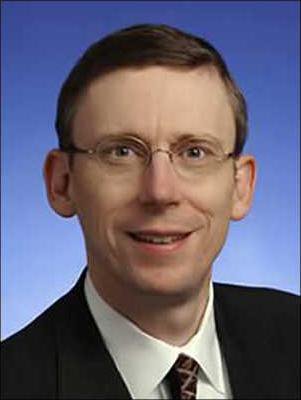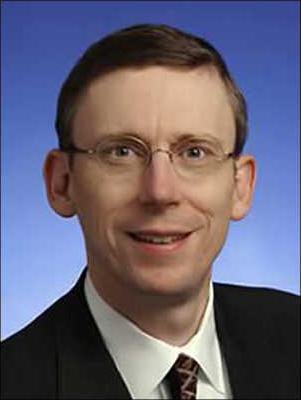State Attorney General Robert E. Cooper, Jr. has rendered an opinion that the 1949 private act that dictates how the DeKalb County Democratic Party chooses its executive committee is unconstitutional.
The 64-year-old private act forming the DeKalb County Democratic Executive Committee was last amended by the Tennessee General Assembly in 1972, and dictates that 40 members be elected from 19 precincts in the county. Many of the old precincts in the statute apparently no longer exist, and efforts by party officials to find their boundary’s met with little success.
While the private act does not provide any recourse for redrawing the lost precincts, it requires that executive committee members be elected on the primary ballot every two years, which has not been done for several years.
Local party leaders asked for the opinion of the attorney general on the constitutionality of the private act in an effort to find out whether executive committee members could be appointed under the Tennessee Democratic Party rules rather than be elected. In Cooper's opinion he concludes that the party has a constitutional right to organize any way it sees fit, and that the legislature has no constitutional right to place burdensome restrictions on political parties in how they may organize.
In his opinion, the attorney general wrote that “The statute constitutionally burdens the associated rights of the Tennessee Democratic Party and its members in DeKalb County and therefore is unenforceable.”
Local party leaders asked for an opinion from the attorney general on Oct. 21, asking whether the DeKalb County Democratic Party could stop following the rules of the private act and hold a reorganization convention according to Tennessee Democratic Party rules, organizing every two years for the purpose of conducting business.
The opinion was issued Nov. 19
Cooper wrote that “A political party's determination of the boundaries of its own association, and of the structure which best allows it to pursue its political goals, is protected by the United States Constitution.” He cited a U.S. Supreme Court case which found several California statutes restricting the organization and composition of political party committees unconstitutional.
Justices determined that the statutes limited a political party's options to organize, conduct its affairs, and select leaders. Because these are constitutionally protected associational rights, California's restrictions could only be upheld if they served a compelling state interest.
Cooper’s opinion stated that “The General Assembly directed that the DeKalb County Democratic Executive Committee have 40 members elected in the Democratic Primary from a list of precincts, some of which apparently no longer exist. Members must be elected to two-year terms. The act thus sets the size of a single county executive party committee, the method by which its members must be elected, and the terms they must serve.”
The AG further opined that “The act clearly imposes restrictions limiting the Tennessee Democratic Party's discretion in how to organize itself, conduct its own affairs, and select its leaders in DeKalb County. This Office is unable to identify any compelling State interest ‘necessary to the integrity of the electoral process’ that these restrictions serve. For this reason, the act unconstitutionally burdens the associational rights of the Tennessee Democratic Party and its members in DeKalb County, and is unenforceable.”
The AG's opinion does not change the existing law. Legislation must be presented to abolish the private act when the General Assembly convenes early next year.
As previously reported, the local Democrats held a reorganization convention on Nov. 16. With no idea when the AG would issue his opinion, and a November 22 deadline for calling a primary for May 6 of next year, the local party organized under Tennessee Democratic Party rules and selected one person from each of the seven districts in the county as new members for the executive committee.
To make certain that the reorganization was legal if the AG supported the private act in his opinion, another vote was taken to follow rules of the act. The last known elected members of the executive committee in attendance caucused and appointed others attending the convention to fill the vacant seats on the committee.
After making the appointments, the committee voted to name the same seven members under state party rules to become the official DeKalb County Democratic Executive Committee for the next two years. The seven members are Frank Buck, Faye Fuqua, James Hale, Tommy Webb, Judy Slager, David McDowell and Flint Gilley.
Dems private act unconstitutional, AG opines



